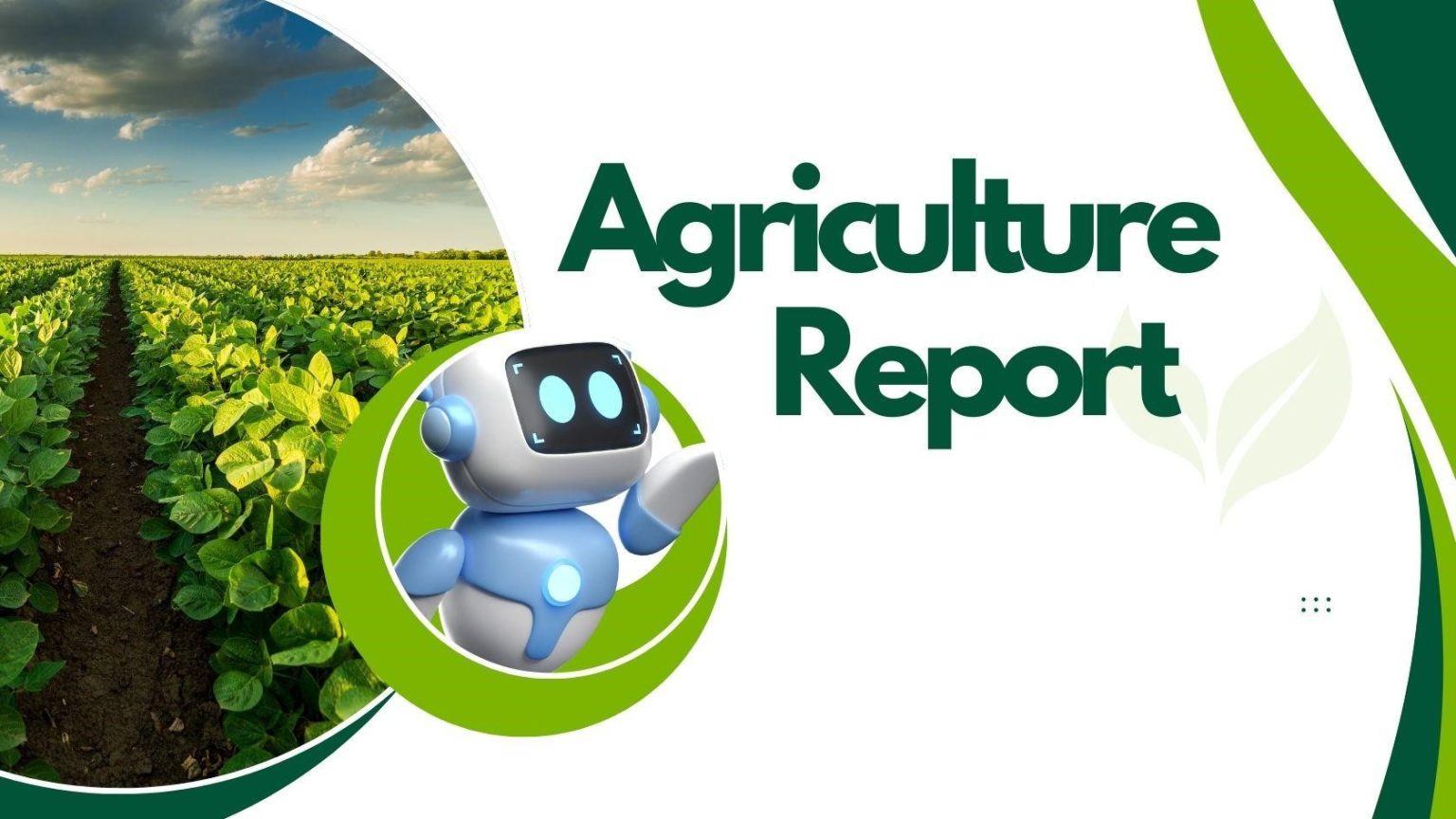In this digitally driven landscape, Artificial Intelligence (AI) is ushering in a transformative era in agriculture, driving innovations that enhance precision farming and sustainable crop management. Rajesh Basa’s latest work explores these advancements, showcasing how AI is reshaping farming practices by optimizing resource use, boosting productivity, and minimizing environmental impact. This article delves into the significant ways AI is revolutionizing the agricultural landscape.
Precision Farming: Data-Driven Decisions for Higher Yields
AI-powered precision farming has become essential for modern agriculture, enabling data-driven decisions that optimize resource use and boost crop yields. By integrating data from sensors, drones, and satellites, AI systems analyze vast information to guide farming practices with precision, helping farmers manage resources like water, fertilizers, and pesticides more effectively, reducing waste and enhancing sustainability. For instance, AI can detect signs of plant stress or pest infestations from satellite imagery before they become visible, allowing timely interventions that can cut crop losses by up to 30% annually. Additionally, predictive analytics offer accurate yield forecasts months ahead, providing insights that aid in strategic planning, resource allocation, and market logistics, ultimately enhancing profitability.
Sustainable Crop Management: Lowering Agriculture’s Environmental Footprint
As agriculture faces the pressing challenges of climate change and resource scarcity, sustainability has become increasingly critical. AI plays a crucial role in advancing sustainable crop management by optimizing resource use. For example, AI-driven irrigation systems calculate the precise water needed based on soil moisture and weather conditions, reducing water consumption by up to 50% compared to traditional methods while maintaining crop quality. Similarly, AI-guided techniques for applying fertilizers and pesticides ensure they are used only where and when necessary, significantly cutting runoff and environmental harm. Machine learning algorithms further enable variable rate applications, decreasing fertilizer use by 35% and herbicide use by 70%, thus lowering costs and protecting the environment.
AI-Driven Yield Prediction: Paving the Way for Optimized Farm Management
AI-driven yield prediction is transforming agriculture by forecasting crop outputs months in advance, using factors like historical data, soil health, and weather patterns to provide accurate insights that guide farmers’ decisions throughout the growing season. These predictions improve resource allocation, harvest planning, and market strategies, boosting overall farm management. Integrated into farm management platforms, AI enables real-time monitoring and adjustments by combining data from various sources, enhancing productivity by up to 25% while lowering operational costs. Moreover, AI’s convergence with emerging technologies like blockchain is revolutionizing supply chain transparency, significantly reducing the time needed to trace food origins and improving food safety.
Overcoming Challenges for Widespread AI Adoption
The adoption of AI in agriculture, while promising, faces challenges such as high implementation costs, limited technical expertise among farmers, data quality issues, and inadequate rural infrastructure. These barriers make AI technologies particularly difficult for small-scale farmers to access, and effective use requires comprehensive training programs. Additionally, consistent, high-quality data is crucial for accurate AI predictions and insights. Overcoming these challenges calls for a collaborative effort, including government investment in rural digital infrastructure, affordable AI solutions from private companies, open-source data initiatives by research institutions, and capacity-building programs led by farmer organizations and NGOs to equip farmers with the necessary skills for AI adoption.
The Future of Farming: AI and Beyond
The integration of AI with robotics and other emerging technologies is set to drive agricultural innovation further, with AI-guided robots already automating tasks like planting and harvesting, paving the way for fully autonomous farms. AI also supports climate-resilient agriculture by helping farmers adapt to changing conditions, select drought-resistant crops, and optimize water use. As AI continues to evolve and become more accessible, it will play a central role in transforming agriculture into a more efficient, sustainable, and resilient sector, a shift that is essential for meeting the food demands of a growing global population while reducing the environmental impact of farming practices.
As a conclusion, Rajesh Basa’s exploration of AI in agriculture highlights its potential to transform the industry into a more sustainable and efficient sector. By integrating AI with advanced technologies like robotics, farming practices can become more precise, resource-efficient, and adaptable to changing environmental conditions. While challenges remain, the path forward involves collaboration across sectors to make AI accessible and beneficial for all farmers. As these innovations progress, AI will be pivotal in meeting future global food demands sustainably.

